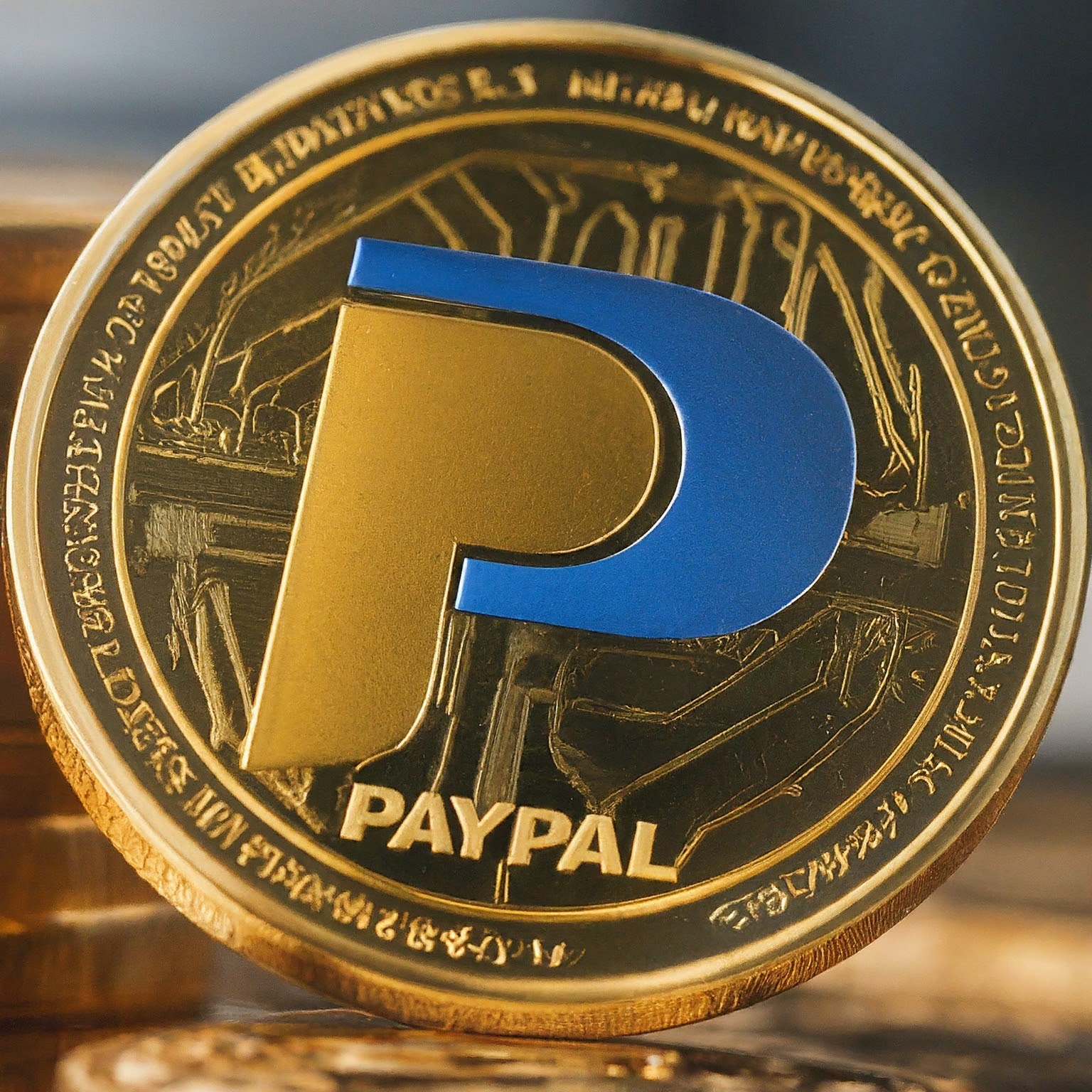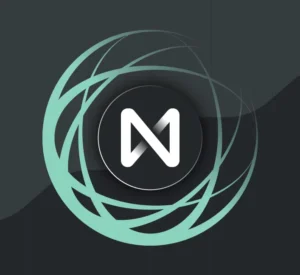In the ever-evolving world of cryptocurrency, significant moves by major companies can cause ripples across the market. When PayPal, a titan in digital payments, announced the launch of its own stablecoin, $PYUSD, it certainly made headlines. But what’s the scoop on PayPal’s stablecoin, and what does its deployment on the Solana blockchain mean for the crypto landscape? Let’s dive into the details and implications of this monumental launch.
A New Era for PayPal: The Birth of $PYUSD
In August 2023, PayPal launched its U.S. dollar-denominated stablecoin, PayPal USD (PYUSD). This move was seen as a bold step into the cryptocurrency market, aimed at leveraging PayPal’s extensive user base and integrating blockchain technology into mainstream finance. The stablecoin was initially rolled out on the Ethereum blockchain, taking advantage of its robust smart contract capabilities and wide adoption in the crypto community.
Why Solana?
Fast forward to January 2024, and PayPal announced the deployment of $PYUSD on the Solana blockchain. Why the switch, you ask? Solana offers several advantages that make it an attractive option for stablecoins. Known for its high throughput and low transaction fees, Solana can process transactions much faster and cheaper than Ethereum. This is crucial for a stablecoin like $PYUSD, which aims to be used for everyday transactions and remittances. The integration with Solana means users can expect smoother and more cost-effective transactions, enhancing the utility of $PYUSD.
The Initial Launch: A Brief Recap
The initial launch of $PYUSD on Ethereum was met with a mix of excitement and skepticism. On one hand, the introduction of a stablecoin by a reputable company like PayPal lent a significant degree of legitimacy to the crypto space. It also sparked a modest 4% rise in the price of Bitcoin, reflecting the market’s optimistic outlook on mainstream adoption of cryptocurrencies. On the other hand, $PYUSD struggled to gain traction in a market dominated by established players like Tether (USDT) and USD Coin (USDC).
Challenges and Strategic Shifts
Despite the initial hype, $PYUSD faced several challenges. Competing in a top-heavy stablecoin market proved tougher than anticipated. To boost its adoption, PayPal collaborated with Paxos, the blockchain infrastructure platform behind $PYUSD, to seek deployment on platforms like Aave. This strategy aimed to integrate $PYUSD into decentralized finance (DeFi) ecosystems, where stablecoins are in high demand for lending, borrowing, and liquidity provision.
Solana: A Game Changer?
The transition to Solana represents a strategic pivot that could potentially reshape the fortunes of $PYUSD. Solana’s scalability and efficiency make it an ideal candidate for high-frequency and microtransactions, which are essential for everyday financial activities. By leveraging Solana’s capabilities, PayPal aims to overcome the scalability issues that have plagued other blockchains and position $PYUSD as a versatile and user-friendly stablecoin.
As $PYUSD makes its way onto Solana, the future looks promising yet challenging. The crypto market is dynamic, and the success of a stablecoin depends on multiple factors including regulatory developments, market acceptance, and technological advancements. PayPal’s foray into the crypto space with $PYUSD signifies a growing trend where traditional financial institutions are increasingly embracing blockchain technology.
As we keep an eye on $PYUSD’s journey, one thing is clear: the future of finance is digital, and PayPal is positioning itself at the forefront of this revolution. Stay tuned as we watch how this stablecoin shapes the financial landscape in the coming years.



